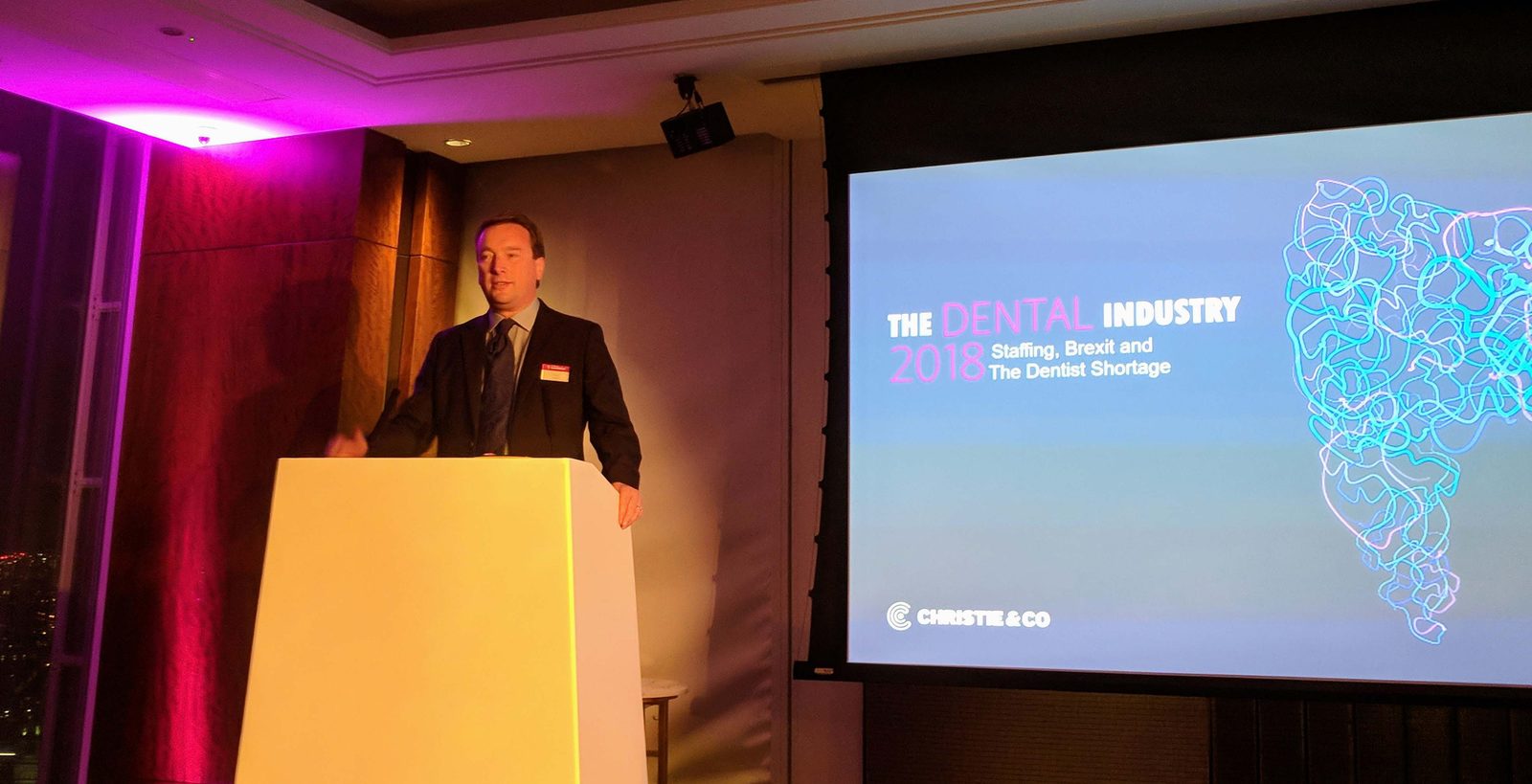
Money raised from clawback should go straight back into dentistry and not used to prop up other areas of the NHS, Michael Watson says.
The message perhaps is in its title: Staffing, Brexit and the Dentist Shortage.
It reported that in 2017 the number of new registrations by dentists who qualified in the EEA dropped by 19% compared to 2016 and 39% over two years.
And Christie commented: ‘With Brexit looming, the supply of EEA qualified dentists could increasingly become an issue should negative growth trends continue.’
The report points to challenges for practices in the areas of staff recruitment and retention, staff quality and fulfilling their UDA requirement.
These have led to large amounts being reclaimed in clawback, much of which is not re-invested in dentistry and, ultimately in contracts being handed back and practices closed.
Striking complacency
Also, the report points out that ‘workforce pressures appear to be most visible in certain parts of the country’.
As Michael Hodges, head of consultancy – healthcare at Christie & Co said at the launch: ‘It’s essential the Government recognises that whilst there are some common issues, the dental sector will require more bespoke policy solutions.’
So is this, as Prime Minister Harold Macmillan said 60 years ago, when his entire Treasury team described ‘a little local difficulty’, or can it be labelled, without hyperbole, as a crisis.
Whichever it is, the complacency of ministers is striking, with almost every week Steve Brine MP seeking to reassure worried MPs that ‘nationally, access to NHS primary care dental services remains high.’
I take away three lessons from this report.
The use of the UDA as the sole measure for fulfilling a contract must end.
There are places where dentists are needed, but where it is not possible to reach a UDA target, no matter how hard the practice works.
Second, if there is clawback or money available from the return of contracts, this must be re-invested in dentistry where it is most needed, not used to prop up other parts of the NHS.
And re-invested quickly and permanently, not a year later, after a long legal and bureaucratic battle.
Think about the whole workforce
Lastly the report shows that the workforce is composed of 116,200 registered dental professionals, including dentists, dental nurses, therapists, technicians and hygienists.
But in the NHS, it is only the minority of dentists, who can claim UDAs and direct patient access to DCPs is not available in the NHS.
This was pointed out by Dr Margaret Ross at the Royal College of Surgeons of Edinburgh (www.nature.com, 2018) earlier this year.
She said: ‘It’s necessary for dental care professionals (DCPs) to be used to their full potential, if not DCPs will become de-skilled and demoralised, and huge amounts of money will have been wasted on education.’
She also pointed out that today ‘dental hygienists and therapists can carry out 70% of routine primary care dentistry, diagnosis and treatment within their scope of practice.’
It is 25 years since The Nuffield Inquiry made firm recommendations about the training of DCPs and their extended roles in providing care for patients.
Isn’t it time that the NHS came into the 20th century and started to think in terms of the whole workforce not just the dentists in it?
References
www.nature.com/articles/bdjteam201884 (2018) accessed 24/10/18
Read more from Michael Watson:


